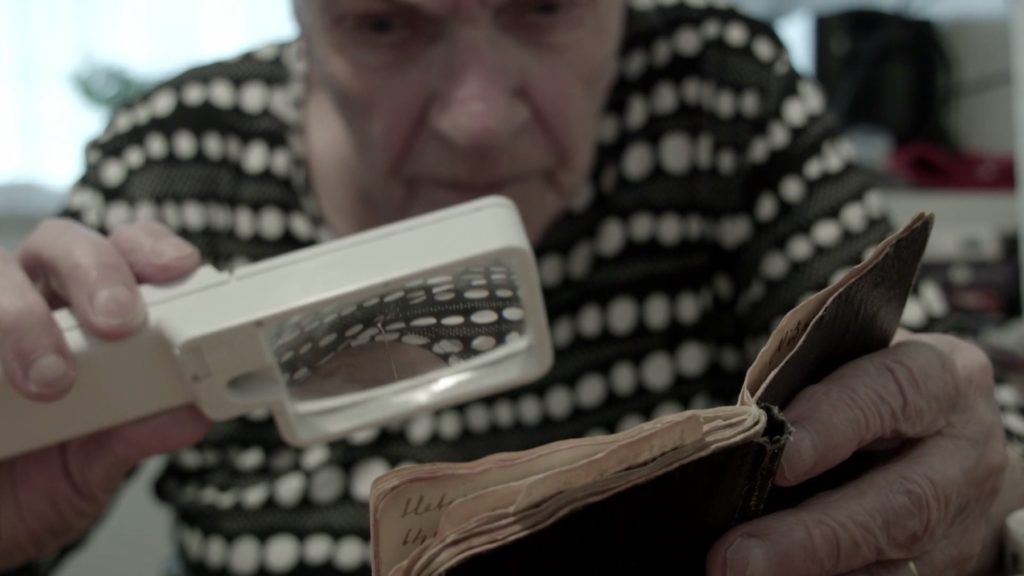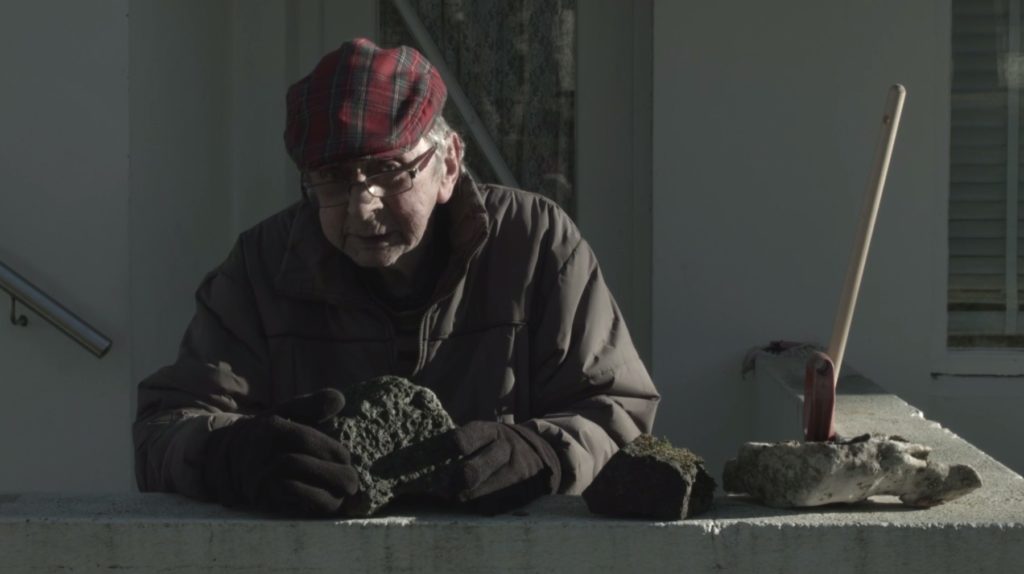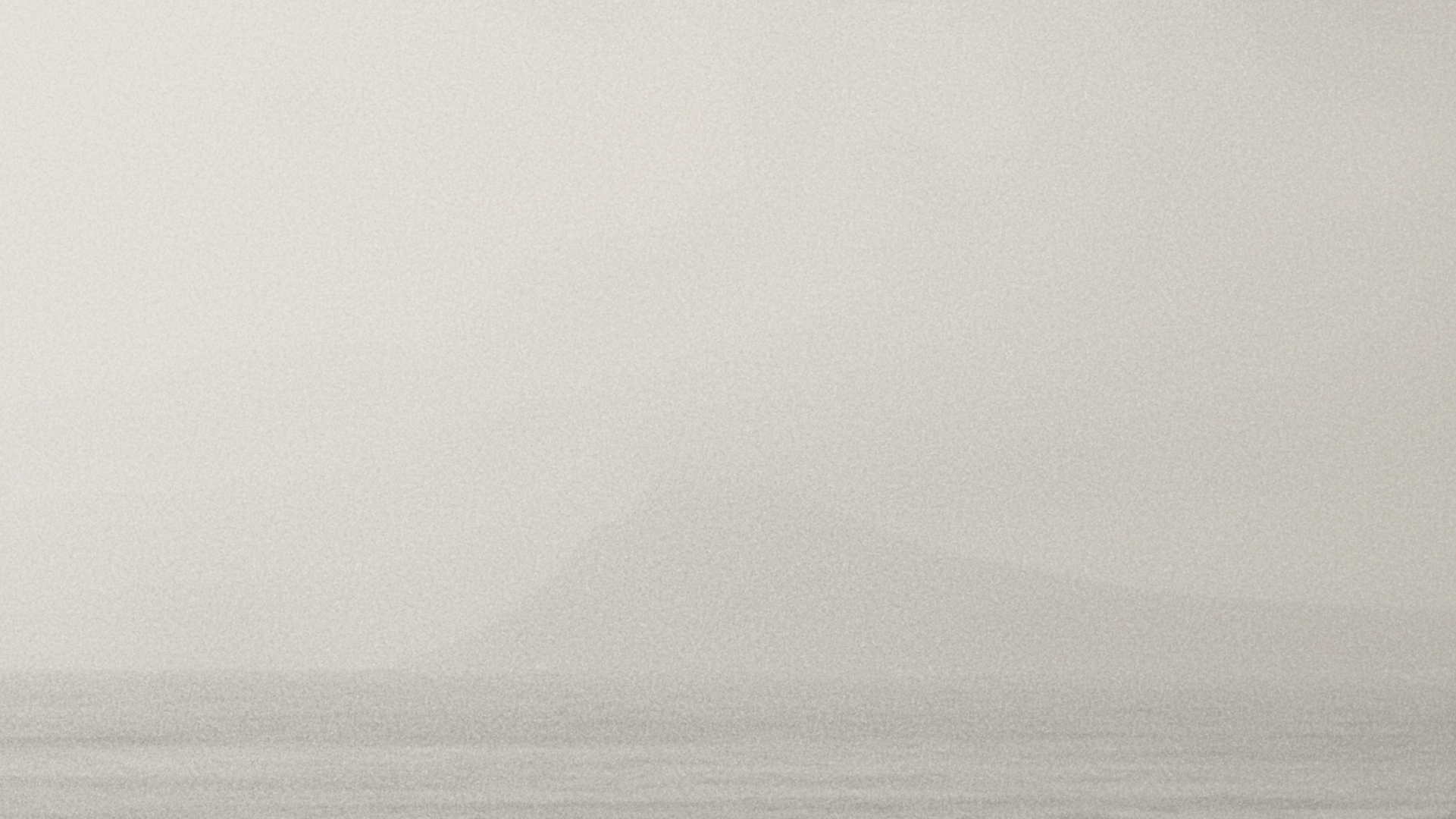

TRAUSTI BREIÐFJÖRÐ MAGNÚSSON (b. 1918) and HULDA JÓNSDÓTTIR (b. 1921) were born in the isolated area of Strandir in the west part of Iceland in the early 20th century. The country was a very different place back then, still under Danish rule, and one of the poorest in Western Europe.
Theirs was an area of great distances, the only way to travel between farms and villages was on foot, on horseback or by boat. People mainly survived on subsistence fishing and farming and their families survival would depend on knowing the signs of nature, and being able to read the ever-changing weather and fuming waves. This is where they first heard about the existence of hidden people, elves and their dwellings in the hills, rocks and cliffs all around.
With the industrialization of the Icelandic fishing industry in the beginning of the 20th century came factory jobs that brought money. As other children of that time Trausti and Hulda started doing hard labor early on, Trausti sailing with his father on an open row boat from Gjögur whilst Hulda would help her father salting herring in the herring factory in Ingólfsfjörður.
This did not stop her from learning to read even before starting school, she fell in love with books and learned to recite poetry by heart. Trausti, on the other hand, stuck to reading stones. He never liked school that much and maybe understandably so: His left hand would be tied behind the stool to stop him from being left-handed.

After working various jobs as adolescents, in different parts of the country, they got together, married and settled in the village of Djúpavík in the Strandir region. In 1959 however, they sailed away for good, taking their five children with them. The herring was gone and the factory had shut down.
Looking for means to support their family, Trausti got a position as a lighthouse keeper in Sauðanes, an isolated (and then roadless) place in Northern Iceland. The Icelandic state supplied them with housing and pay to cover necessities. They had sheep for meat, cows for dairy products, and fish from the sea to feed the family. Books and stones for pleasure. There they stayed for thirty-nine years, until they moved to the capital of Reykjavík in 1998.
Iceland went through a complete metamorphosis during their lifetime, from being an agricultural society with around 90 percent rural population to an industrial one with mere 10 percent living in the countryside. As Trausti is preparing his own funeral and hundredth birthday, themes from their past start surfacing.
Hulda gives little for the existence of elves and hidden people while Trausti´s connection to these supernatural beings only seems to grow. Old Iceland was a place were people needed to read into nature‘s forces in order to survive, while the new society that emerged relied on education, technology and business to drive its forward momentum. Belief in supernatural forces was strong in the former, while they came to fade away in the latter.
Hulda the bookgorger and Trausti the stonelover embody a clash of two fundamentally different worlds. While one set both feet on her route towards the new society the other one has always kept (at least) one foot in the old one.




